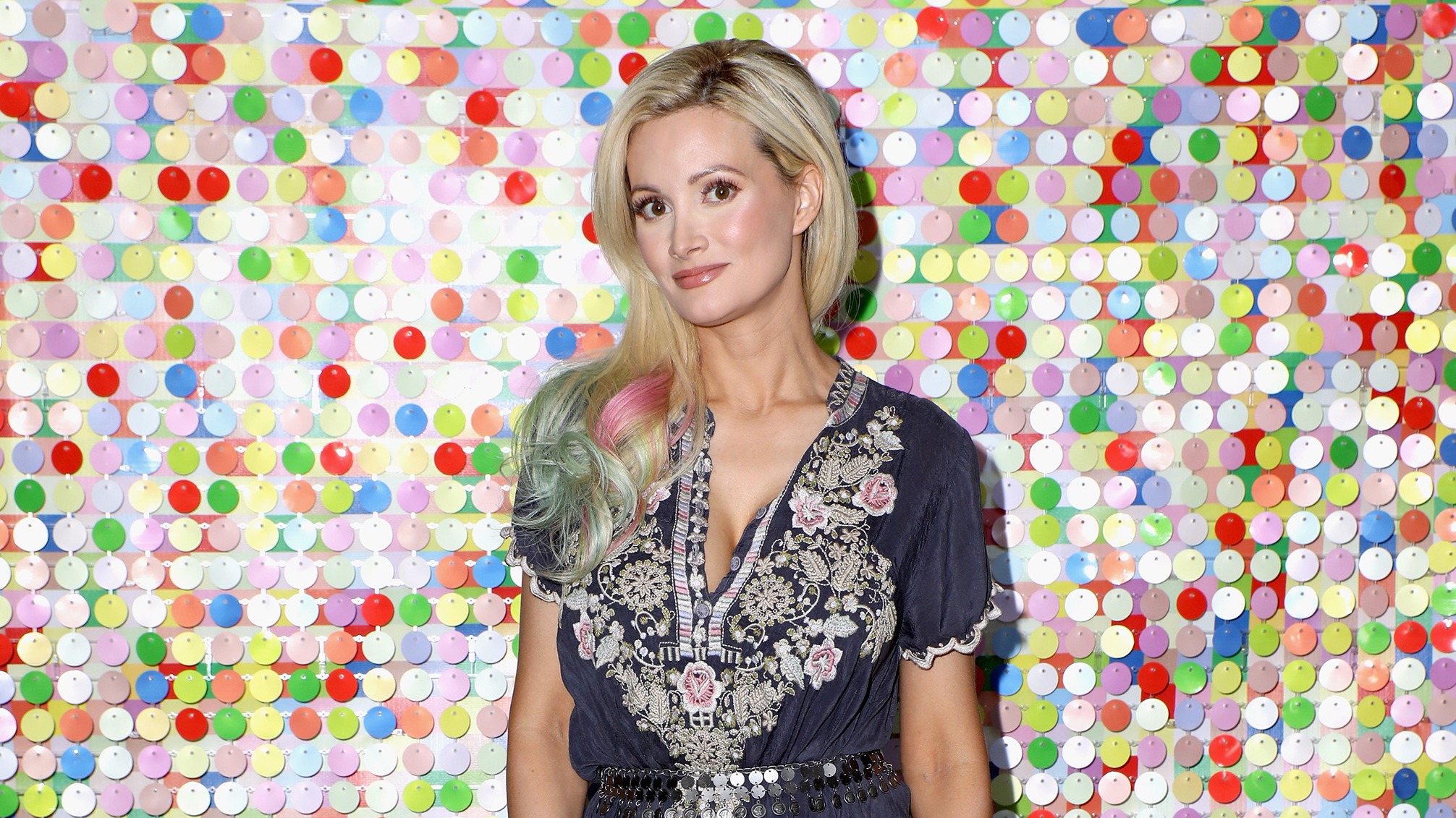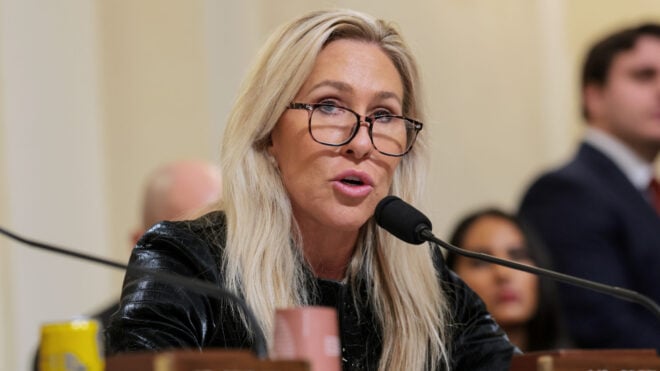
Byline: Emily St. Martin, Los Angeles Times, (TNS)
Former Playboy model and The Girls Next Door alum Holly Madison was diagnosed with autism earlier this year, she shared during a recent interview.
"I had been suspicious of it for a while. … I always kind of had trouble socially, not recognizing social cues, not picking up on things the same way other people did. But I just made excuses for it," she said on the December 6 episode of the Talking to Death podcast.
"I thought it was because I grew up in Alaska," she continued. "And then around middle school, we moved to Oregon and I thought, well, that was just a big social change. So I'm just very introverted. That's always how I wrote it off."
According to the World Health Organization, autism spectrum disorders are a diverse group of conditions, but characterized by varying challenges with social interaction and communication. Other characteristics include atypical behavior patterns, such as difficulty transitioning from one activity to another, a focus on details, and unusual reactions to sensations.
While characteristics of autism may be detected in early childhood, autism often is not diagnosed until much later.
Madison said that she has high executive function, so her condition isn't as extreme as it can be for others. She said she's not "a spokesperson for everybody," adding that they call it a spectrum for a reason.
But Madison said she likes knowing she has autism, because it explains why navigating social situations has been so difficult for her over the years.
"I've only recently learned to make eye contact. I'm often in my own thoughts, things like that," she said. "So people take that as it's some sort of like, 'Oh, damn, you're not super interested in me. F— you.' I'm just not on the same social wavelength. But don't take it personally. So I like being able to explain that."
Madison, 43, spoke candidly about how she'd gone through life feeling as though she often rubbed people the wrong way: "I was never somebody who was really well liked in all different situations."
Now, after her diagnosis, "I can apologize to people if I interrupt or talk over them, and tell them why."
"I just think it helps a lot and it helps other people be more understanding, and also helps other people not take the way you behave personally, which is just better all around," she said.
While not a spokesperson, she did offer a message for listeners.
"Everybody operates differently," she said. "Interacting with anybody, just have a little bit of patience because you don't know what they're dealing with or what their level of social function is. I think even me, just the way I react with people, I have a little bit more patience now and I don't take things as personally."
©2023 Los Angeles Times. Visit latimes.com. Distributed by Tribune Content Agency, LLC.



